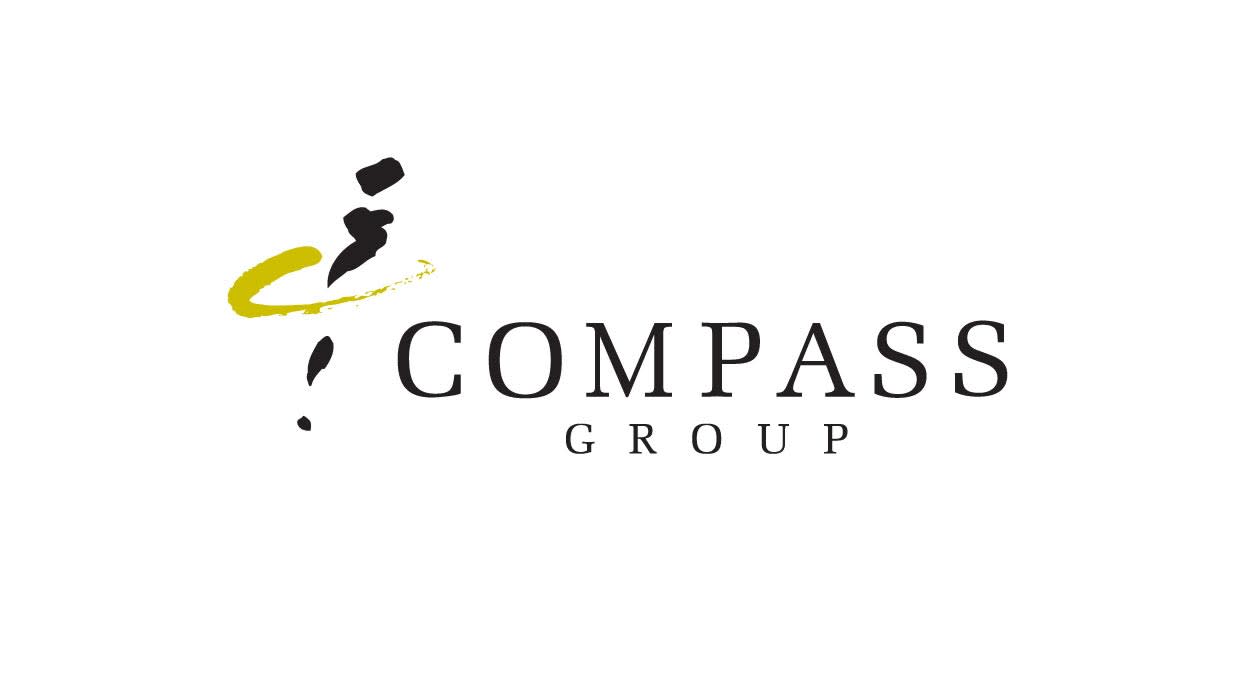Compass Group delivered first-half revenue of $20.9bn, reflecting organic growth of 11.2%. This was driven by a mix of volume growth, new contracts and price increases.
Underlying operating profit was up 18.7%, ignoring the effect of currency movements, helped by discipline in pricing and cost controls.
Underlying free cash flow was stable at $0.7bn. Net debt increased from $4.0bn to $5.3bn.
Compass has increased the interim dividend by 15.6% to 20.7c, and has completed half of the $500mn share buyback program. The group spent $373mn on mergers & acquisitions, and post-period completed the $600mn takeover of CH&CO.
Including the impact of acquisitions, the group now expects organic revenue and underlying operating profit growth of around 10% and 15% respectively. This is up from previous guidance of 13% for operating profit and the high single digits for revenue.
The shares were down 2.9% following the announcement.
Our view
Catering supplier Compass was unable to impress investors with its latest upgrade. Although a large part of the improved financial outlook relates to recent acquisitions, it also reflects increased management confidence in the wider business.
Compass feeds hungry mouths everywhere from stadiums to university halls and offices. It's a natural beneficiary of companies looking to outsource their food offerings (a classic move when economic conditions get tough).
Growth isn’t reaching the same heights as last year. But given this reflects more normalised comparisons following a period of post-covid re-openings, we don't think double-digit revenue growth is a bad outlook.
Compass estimates only around half of its target market currently outsources their food preparation, and the group commands less than 15% of the £300bn food services business. That suggests there's a big slice of pie still up for grabs. And with about half of total revenue coming from non-cyclical sectors, Compass has another layer of shelter against challenging economic conditions.
Compass' scale means that it can provide customers with a level of certainty around their catering costs whilst maintaining high standards of quality and safety. As such, the inflationary environment has contributed to new business wins. The downside of inflation of course is the impact on margins.
Compass has been pulling all the levers it can to mitigate inflation. As well as price increases, menu management and a focus on where it buys its ingredients and equipment are some of the tools it has at its disposal. That's seen margin improvements so far in 2024. There are some rays of hope that cost pressures are receding, which could provide a further boost to the bottom line.
Net debt has been on the up, but this is in part reflective of significant acquisition activity, which we think could drive further value for shareholders. Borrowing remains in the company’s target range, so we’re not overly concerned.
Strong cash flows are forecast to cover the dividend and pave the way to complete the current share buyback program. Given the improvement in profitability, we're comfortable with this level of cash returns to shareholders. As ever there are no guarantees.
Overall, we think Compass is an attractive business, with external conditions creating something of a perfect storm to boost demand for outsourcing. That's earnt it a valuation towards the top of its peer group.
That means current growth levels may not be enough to satisfy investors and leaves the shares vulnerable to disappointments. Compass wouldn't be totally immune to an economic downturn, and whilst there are some signs of an improving outlook it's too early to declare we're out of the woods.
Environmental, Social & Governance Risks
Consumer services companies are medium-risk in terms of ESG, and very few companies are excelling at managing them. That leaves plenty of opportunity for forward-thinking firms. The primary risk-driver is product governance. The impact of their products on society, labour relations and environmental concerns are also key risks to monitor.
Compass Group's overall management of material ESG issues is strong according to Sustainalytics. However, ESG reporting is not in accordance with leading reporting standards. The Group is a significant employer with strong health and safety policies in place but Sustainalytics has identified minor controversies and called out talent recruitment as an area for improvement. There's also a broad set of sustainable food supply policies in place with measurable and ambitious targets in pace.
Compass Group key facts
All ratios are sourced from Refinitiv, based on previous day’s closing values. Please remember yields are variable and not a reliable indicator of future income. Keep in mind key figures shouldn’t be looked at on their own – it’s important to understand the big picture.
This article is not advice or a recommendation to buy, sell or hold any investment.No view is given on the present or future value or price of any investment, and investors should form their own view on any proposed investment.This article has not been prepared in accordance with legal requirements designed to promote the independence of investment research and is considered a marketing communication.Non - independent research is not subject to FCA rules prohibiting dealing ahead of research, however HL has put controls in place(including dealing restrictions, physical and information barriers) to manage potential conflicts of interest presented by such dealing.Please see our full non - independent research disclosure for more information.


